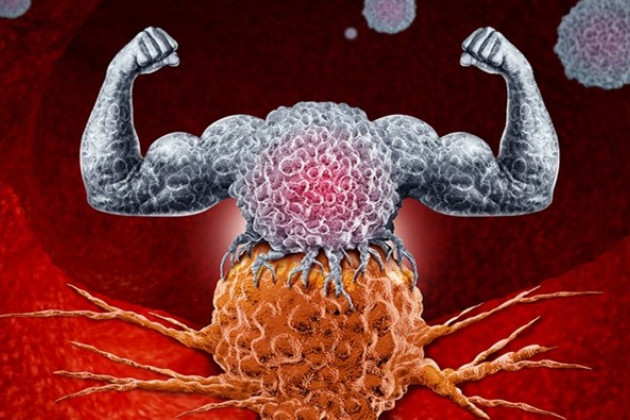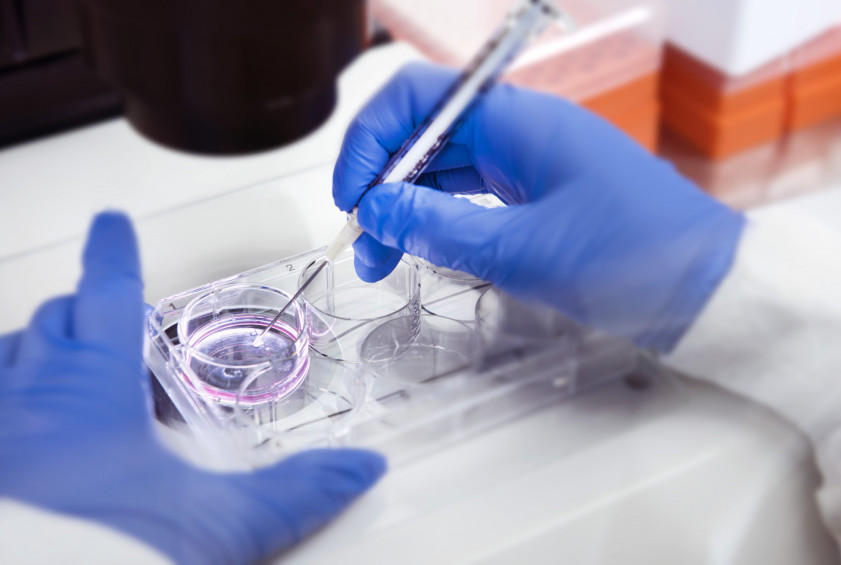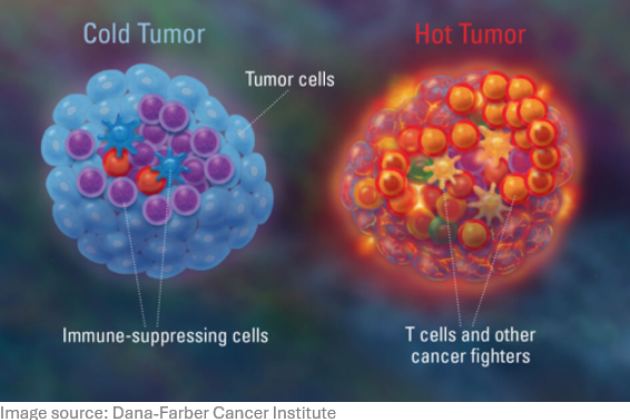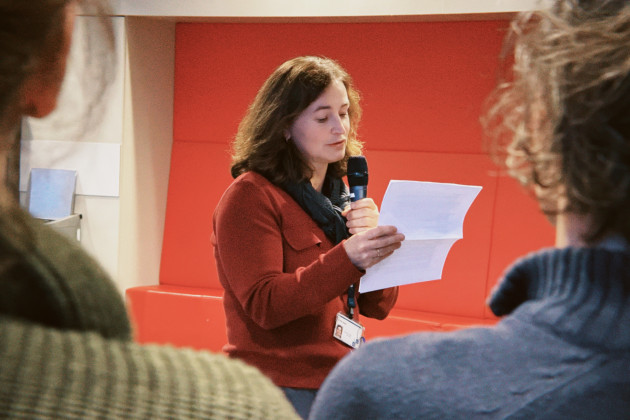
Research
The immune system is manifest in (almost) every tissue in the body. Immune cells can heal us, but can also prevent healing, as in transplant rejection, or make us sick, as in autoimmune- and inflammatory diseases.
The Department of Immunology aims to be a hub within the LUMC for immunological research, with a high international allure. We work on the entire spectrum of immune regulation, from tolerance to immunity, at the organismal, tissue, cellular and molecular level. We have direct links with the clinic, via our transplantation diagnostics and immunomonitoring programs. We have longstanding collaborations with clinical departments such as infectious diseases, medical oncology, obstetrics and rheumatology, regarding immune responses to pathogens, cancer, the fetus and our own tissue.
We work on all aspects of immunity, from complement and type I interferon responses, via dendritic cell and macrophage function to B and T cell immunity. We employ an wide variety of assays to study immune cell function, in vitro as well and in vivo, in human and mouse. Our studies inform us about commonalities and differences in the cellular and molecular mechanisms that underlie immunological tolerance and immune activation. We also study hematopoiesis and are active in stem cell therapy of immunodeficiency. In general, our research lines are fundamental and translational, geared at improving diagnosis and treatment of immune-related diseases.
Groups
Our Affiliates
The Department of Immunology has an extensive operational and collaborative network. A number of collaborations are formalized by appointment of researchers that have their main activities in other institutions as affiliated professor in our Department


